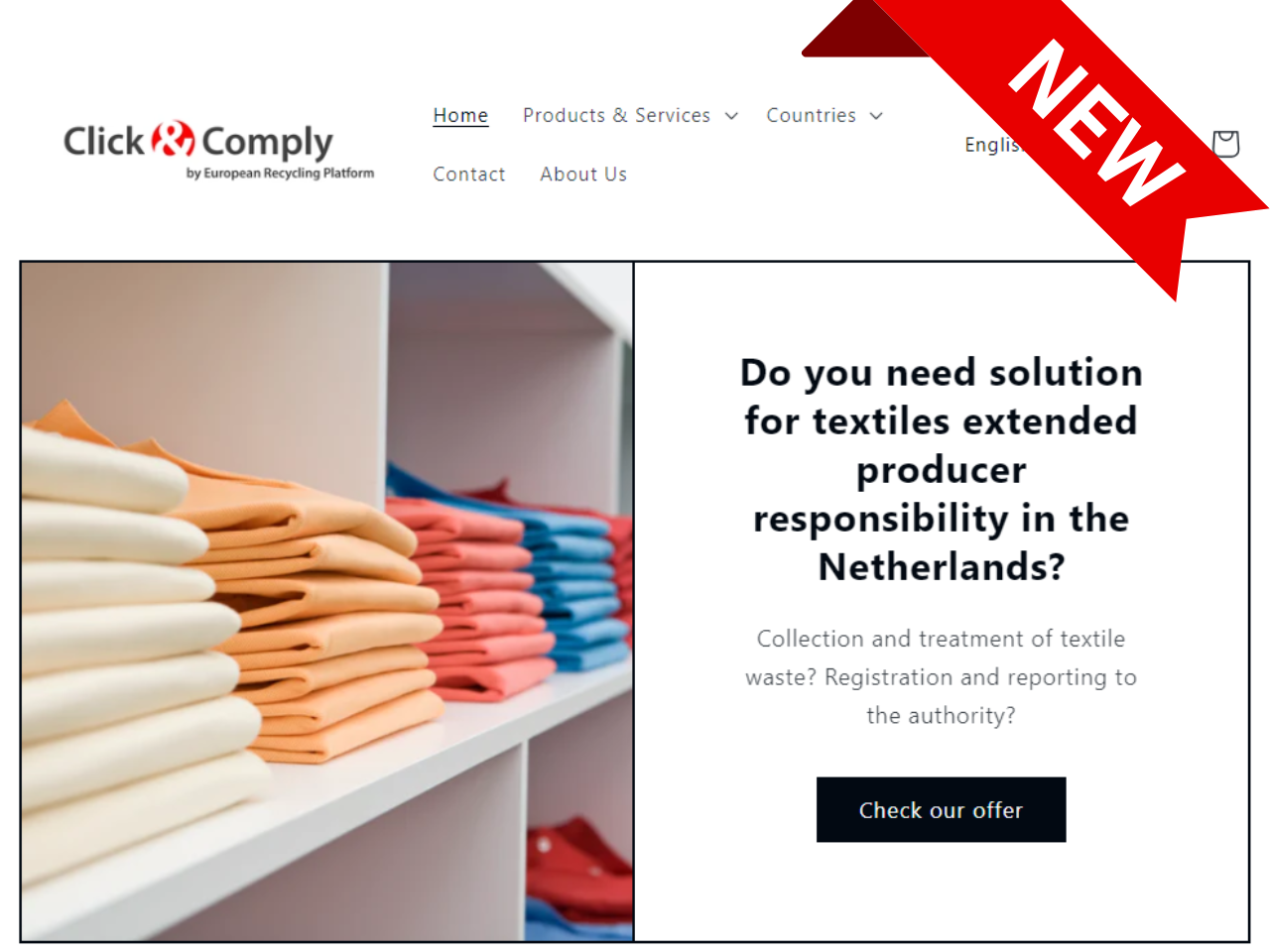What’s happening with regard to chemical regulations internationally? Here is an update we’ve prepared for you for June 2023:
Dichloromethane: ban proposed
Ethylene oxide: no significant risk level?
Imports into the EU: targeting restricted substances
Dichloromethane: ban proposed
The US Environmental Protection Agency (EPA) is proposing risk management rules for methylene chloride, effectively banning its use for consumer, commercial, and most industrial purposes.
Methylene chloride, also known as dichloromethane (DCM), is used in a wide variety of industrial, commercial, and consumer applications as a processing aid and solvent, as well as in applications such as adhesives, sealants, degreasers, cleaners, and automobile products.
DCM was one of the chemical substances reviewed by the EPA as a high priority chemical following the Toxic Substances Control Act (TSCA) revision under the Lautenberg Chemical Safety Act enacted in 2016.
The EPA has found that DCM presents an unreasonable risk to human health, due to its potential to be acutely lethal, a neurotoxicant, and to present cancer and non-cancer risk following chronic exposure.
Therefore, the EPA proposed several actions to manage the risks associated with the use of DCM in industrial, commercial, and consumer applications in early May 2023, including prohibitions (or bans) and workplace protections under TSCA.
Once finalized, the rules would become effective 15 months later. The EPA is currently accepting public comments on the proposed rules until 3 July 2023, and will host a webinar on 7 June 2023.
The EPA previously issued a final rule prohibiting the manufacture and import, processing, and distribution of DCM for consumer paint and coating removal in 2019.
Please subscribe to H2 Compliance’s newsletter for further updates on the restrictions and assessment of alternatives to DCM.
Ethylene oxide: no significant risk level?
In April 2023, California’s Office of Environmental Health Hazard Assessment (OEHHA) proposed an amendment to Proposition 65, under the California Code of Regulations, to lower the No Significant Risk Level (NSRL) of ethylene oxide (EtO) from 2 µg/day to 0.058 µg/day.
The NSRL corresponds to the level of exposure at which it is estimated to cause one additional cancer case in a population of 100,000 people exposed daily over a lifetime.
EtO is a gas used to make other chemicals for use in a range of products, including antifreeze, textiles, plastics, detergents, and adhesives. It is also notably used as a sterilizer for medical equipment, such as plastics, that cannot undergo steam sterilization.
The OEHHA is currently accepting public comments until 14 June 2023 on the proposed new NSRL.
Imports into the EU: targeting restricted substances
The European Commission has committed to improving the compliance of imported goods with REACH and CLP obligations with the aid of customs authorities (see previous COMPASS article here).
To help this commitment, guidelines for enforcement authorities (REACH and customs) have been developed, along with legal clarifications on customs authorities as REACH enforcement authorities.
The commission evaluated the REACH requirements that could be integrated in customs procedures and started with the integration of REACH Annex XIV substances in the Integrated Tariff of the European Union (TARIC).
If you import an Annex XIV substance into the EU, you have two options:
- You provide a valid authorisation, or
- You are exempted, thus with a valid reason
The second phase, Integration of REACH Annex XVII substances in TARIC, is also now operational.
Operators importing into the EU must mention on their customs declaration one of the following codes:
- Y106: Compliance with REACH restrictions defined in column 2 of Annex XVII of Regulation (EC) No 1907/2006
- Y110: Exemption from REACH restrictions under Article 67(1) and (2) of Regulation (EC) No 1907/2006, and
- Y113: Product not subject to the provisions of Annex XVII of Regulation (EC) No 1907/2006
In the first instance, check with your customs agent and review your process for tracking substances of concern.
Landbell Group company, H2 Compliance can support as required with selection of the appropriate designation. For more information and help with complying, please contact us here.
Sign up for our monthly
report COMPASS here:
Your email











